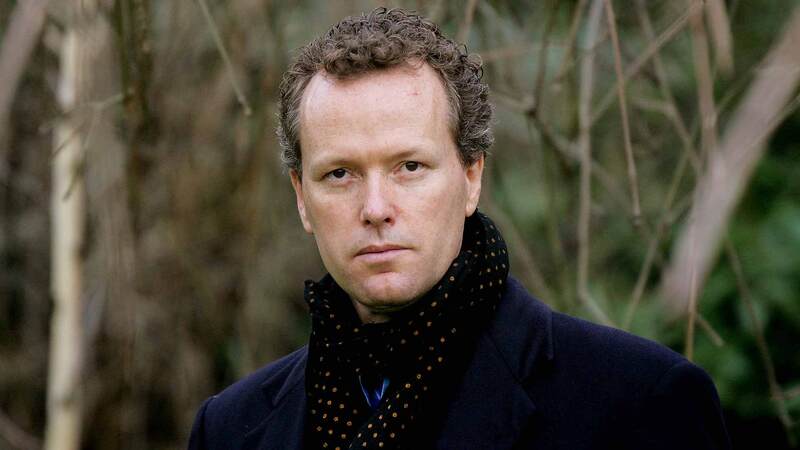You are viewing your 1 free article this month. Login to read more articles.
SoA challenges publishers to 'serious contract reform'
The Society of Authors has issued an open letter addressed to members of the Publishers Association and Independent Publishers Guild asking publishers to address the issue of author earnings which it says are "falling fast".
The letter seeks "serious contract reform" and makes the case for authors on the basis they are "the only essential part of the creation of a book" yet "most authors can't survive on writing alone", with the percentage of UK writers living solely from writing falling from 40% in 2005 to 11.5% today.
The SoA said: "Provisions that would never be acceptable in other contexts have been taken for granted in publishing agreements. Authors are now standing together to say 'no' ... It is time for all publishers to consider how they can give authors the respect and share of the profits they deserve while still obtaining a fair return for their input in the process."
On the basis of "CREATOR principles" previously set by the SoA, demands include that authors should receive "at least" 50% of the revenue from e-book sales, "not a mere 25%" they do currently, that authors don't have their "hands tied with contracts that cannot be terminated when a book is no longer being exploited", for publishers to drop non-compete clauses and for indemnity clauses, often included to help protect publishers financially against cases brought on the basis of plagarism and libel, "to spread the risk fairly between the publisher and the author". It also asks that royalty statements be made "transparent and comprehensive".
However the Publishers Association, whose Code of Practice the SoA has asked to be "updated to deal with e-books" as well as "honoured", has told The Bookseller it disagrees that contractual relations were the principal source of the problem of falling author earnings, pointing instead to "deeper market factors".
Outgoing chief executive of the PA, Richard Mollet said: “Publishers share the frustration of the author community that it is increasingly difficult for authors to make a decent living from their writing. However, we locate the principal source of this problem not in the contractual relations between publisher and author but in deeper market factors."
He added: "With margins being squeezed across the whole supply chain, books facing increasing stiff competition from other media and entertainment sectors for consumers’ time, and there simply being more writers, as evidenced by the increase in the number registered with ALCS, the reasons for the decline in average author income are wide and varied. We look forward to continuing our discussions on these policy issues with the SOA and other author representative groups.”
Bridget Shine, the c.e.o of the IPG, said that authors were "central" to IPG members’ businesses but that the trade body "does not involve itself in any aspect of publishers’ commercial negotiations" and that it was difficult to impose "blanket" terms and conditions across the industry.
She said: "...We also acknowledge the valuable support that the Society of Authors gives to authors in the UK. The IPG does not involve itself in any aspect of publishers’ commercial negotiations, and nor would our members wish us to, and quite rightly the Society's letter is addressed to our members—so we cannot comment on specific contractual terms that are proposed by the Society or others. As with any business model in any industry, it is problematic to attempt to impose blanket terms and conditions—our members operate in a huge variety of markets with complex variables, which naturally leads to different author terms from publisher to publisher."
Shine added: "But we are of course very happy to share the Society’s concerns with IPG members via its open letter, and welcome all debate about the future direction of publishing and authors’ huge contribution to it."
The letter is supported by the Authors’ Licensing and Collecting Society. As part of a "collective call to action", in the US, the Authors Guild also today sent an open letter to the Association of Amercian Publishers, cosigned by the SoA, to address the detrimental affects of "unfair terms" in standard contracts.
The letter also coincides with the International Authors Forum’s 'Ten Principles of Fair Contracts'.


















